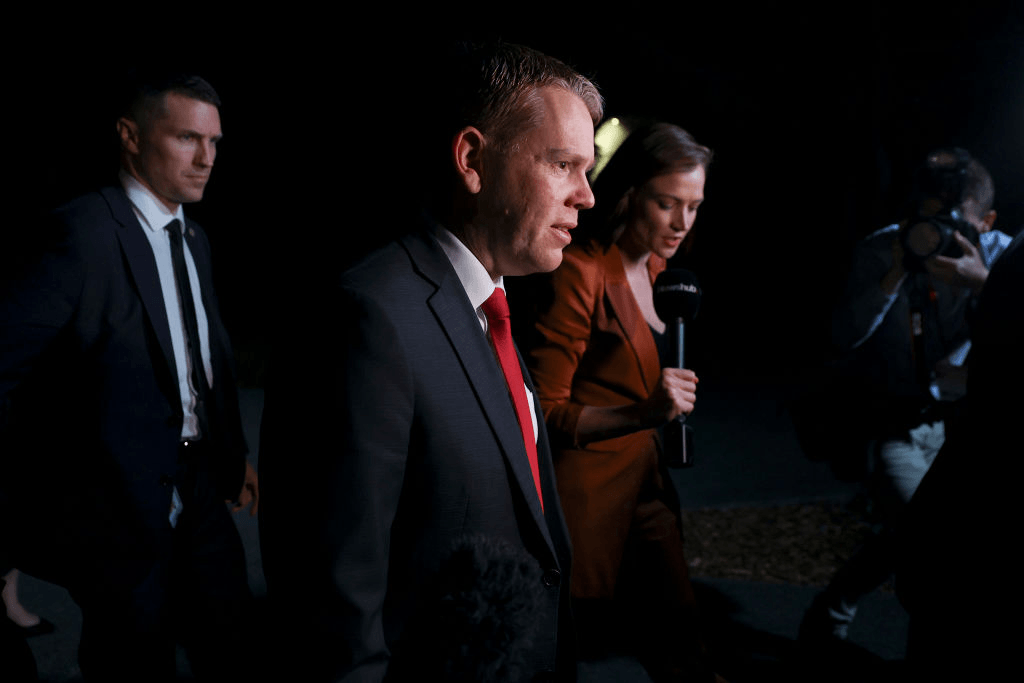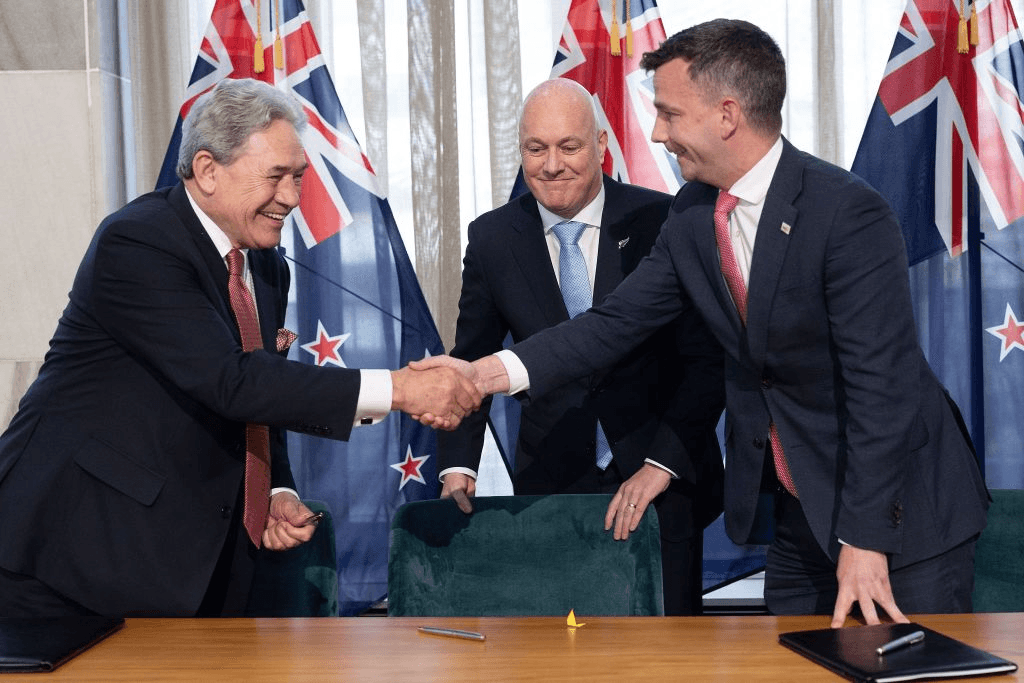The incoming prime minister has defended the decision to cut intended smokefree laws in order to help fund his government’s tax cuts.
It emerged over the weekend that with the removal of the proposed foreign buyers tax the additional cash would be found by, in part, removing rules intended to lower smoking rates.
The restrictions being unwound would have incrementally outlawed cigarettes for different age groups, starting with those born on or after January 1, 2009. They would have never been able to buy cigarettes and the smoking age would have risen each year.
But speaking to RNZ, Christopher Luxon said that law would have had “unintended consequences” including a “largely untaxed” black market, increased crime and issues around enforcement.
It wouldn’t make sense, said Luxon, for “that actually a 36-year-old can smoke, but a 35-year-old can’t”, he said.
“The good news is we’re going to continue reducing smoke rates… that has been happening over 30 years and that is going to continue to happen.”
Luxon placed some of the blame for removing the rules on his new coalition partners, saying Act and New Zealand First thought there were “practical issues”, though said National also disagreed with “components” of the law.
New Zealand First’s Shane Jones told Newstalk ZB that there had been a hysterical response to news the law would be repealed. ”Banning smoking would only enrich gangs through illicit cigarette sales,” the incoming minister said.
It’s not the only law that will be ditched quickly by the new government, as RNZ’s Anneke Smith looks at here. Also on the pre-Christmas scrap heap are the “three waters” reforms and the updated Resource Management Act.
The new government will be sworn in at a ceremony this morning. Luxon told TVNZ’s Breakfast it would be getting to work quickly. “We’ve got an awful lot of work to do between now and Christmas to get things sorted and to get things laid out for our 100-day plan,” he said. “But we are expecting that this government will have left us some financial surprises, no doubt about it, given their incompetence.”


